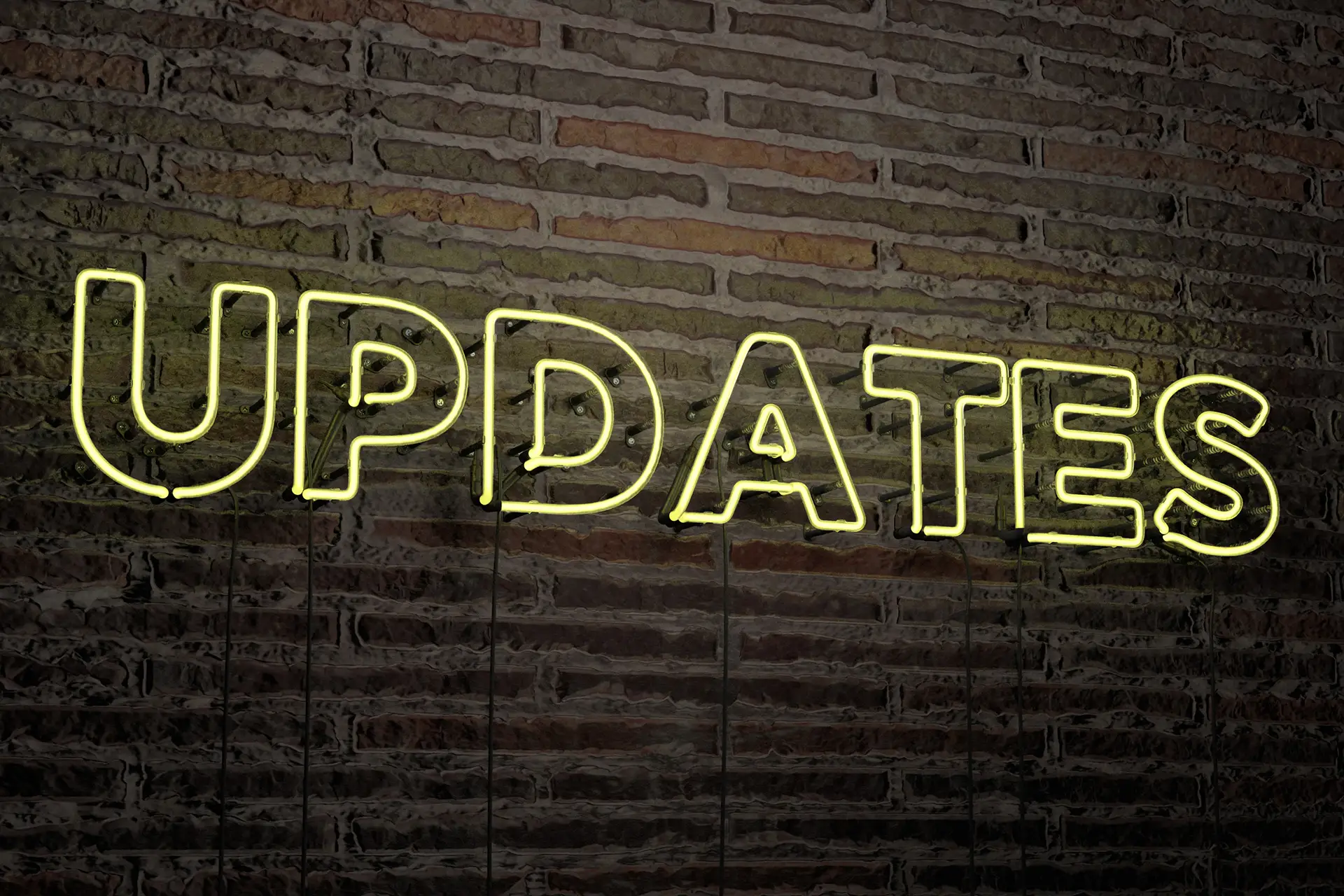Certain healthcare employees who work consecutively between October 1, 2023 and March 31, 2024 may be eligible for a New York Health Care Worker Bonus of $500, $1,000 or $1,500. Between April 1 and May 1, eligible employers can submit a claim for all eligible employees.
In 2022, New York Governor Hochul launched the Health Care and Mental Hygiene Worker Bonus program to support eligible employers’ efforts to recruit, retain, and reward staff, and ultimately increase the state’s healthcare workforce by 20% in five years. Four vesting periods have been completed and bonuses paid; this is the final bonus payable under the program.
Who’s an eligible employer?
As noted in the program’s FAQs as of July 27, 2023, you must have at least one employee; bill for services under the Medicaid state plan or a home or community-based services (HCBS) waiver; have a provider agreement to bill for Medicaid services arranged through a managed care organization or a managed long term care plan; or be an eligible education institution or other eligible program.
Eligible employers include “certain providers, facilities, pharmacies, and school-based health centers licensed under the state Public Health Law, Mental Hygiene Law, and Education Law, as well as certain programs funded by the Office of Mental Health (OMH), Office for the Aging, Office of Addiction Services and Supports (OASAS), and the Office for People with Developmental Disabilities (OPWDD).” This includes staff at hospitals and nursing homes; psychiatric centers; OASAS addiction treatment centers; residential programs operated or certified by OPWDD, OMH and OASAS; Medicaid assisted living programs; hospice residences; and more.
Who’s an eligible employee?
An employee must hold an eligible job providing patient-facing care. There is a long list of positions eligible – see job titles here. In general, to be eligible an employee must earn less than $125,000 annually; work consecutively for the employer during the six-month vesting period that began October 1, 2023 and ends March 31, 2024; and must not be excluded or suspended from Medicaid during the vesting period. The employee can be part-time, full-time, temporary or an independent contractor.
How much is the bonus worth?
Bonus amounts depend on the number of hours worked per week during the vesting period and can be in the amount of $500, $1,000, or $1,500. An employee can be eligible for up to two vesting periods and receive a maximum of $3,000 in bonuses. If the employee is a New York State resident, the bonus will not be subject to NY personal income taxes and any local income tax.
To take advantage of the program, an eligible employer must apply at www.nysworkerbonus.com between April 1 and May 1 for the final vesting period. You’ll need an active MMIS ID with eMedNY or a Statewide Financial System (SFS) ID. For complete program details, visit the NYS Department of Health website.
For information on tax implications, RBT CPAs professionals are available to help (we are also available to support your accounting, tax, and audit needs). To learn more, give us a call today.
RBT CPAs is proud to say all our work is prepared in the U.S.A. – we never offshore. As a result, you get peace of mind that your operation’s financial and confidential information is handled by full-time, local staff who have met our high standards for quality, ethics, and professionalism.
IMPORTANT NOTE! This article provides highlights of the Health Care Worker Bonus program. Complete program details are available at the NYS Department of Health website. If there is any discrepancy between the information in this article and the website, the website’s content governs.


